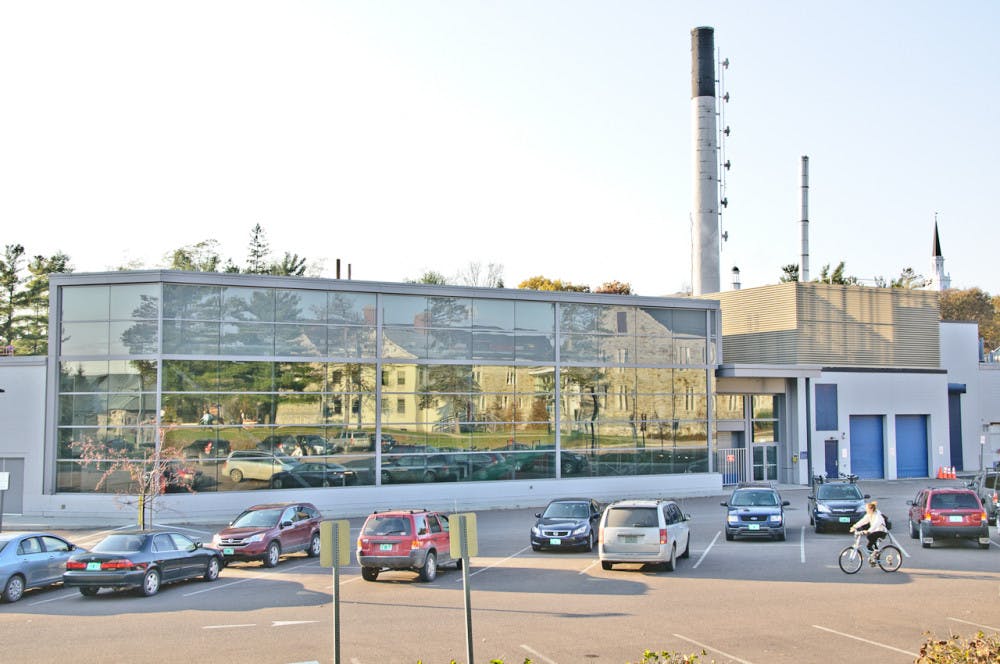The College joined more than 200 colleges and universities nationwide to sign the American Campuses Act on Climate Pledge to demonstrate support for strong international climate action. President Laurie L. Patton sent the College’s pledge to the White House on Nov. 10 in preparation for the United Nations Climate Change Conference in Paris from Nov. 30 through Dec. 11.
The pledge reads: “As institutions of higher education, we applaud the progress already made to promote clean energy and climate action as we seek a comprehensive, ambitious agreement at the upcoming United Nations Climate Negotiations in Paris. We recognize the urgent need to act now to avoid irreversible costs to our global community’s economic prosperity and public health and are optimistic that world leaders will reach an agreement to secure a transition to a low carbon future. Today our school pledges to accelerate the transition to low-carbon energy while enhancing sustainable and resilient practices across our campus.”
According to a press release from the White House, all the institutions signing the pledge have already undertaken significant steps toward reducing greenhouse gas emissions, increasing campus sustainability and resilience and incorporating environmental action into academic programs.
One of the goals outlined in Middlebury’s pledge is to displace the remaining use of fuel oil (approximately 650,000 gallons per year) with carbon-neutral biomethane gas from a manure digester on a nearby diary farm. Furthermore, the College promises to “continue exploring ways to add new sources of renewable, carbon-neutral electricity sources to power the campus.”
Dedication to sustainability has been an official part of Middlebury’s mission since 1995, when trustees established a set of principles and objectives for the campus. As of today, Middlebury is on track to achieve full carbon neutrality by the end of 2016. The College has already reduced emissions of greenhouse gases by 50 percent from the 2007 baseline. One of the major milestones toward achieving carbon neutrality was the completion of the $12 million biomass gasification plant, which was installed in 2009.
The pledge also cites the ways in which the College regularly engages in a number of different environmental initiatives and projects. The campus-wide recycling center and compost operation, for example, diverts about 65 percent of waste from landfills each year. In 2012, in partnership with local developers, the College installed solar farms on and off campus, which provides five percent of electricity on campus. In addition, students competed twice in the US Department of Energy’s Solar Decathlon competition. The student-led projects to design and build single-family residential homes operating on only solar electricity and heat finished in fourth and eighth places in 2011 and 2013, respectively.
In addition to college and university campuses, about 81 American companies signed a similar climate pledge to show their support for international climate agreement ahead of the Paris conferences.
Middlebury Signs Climate Pledge with 200 Colleges

Comments



